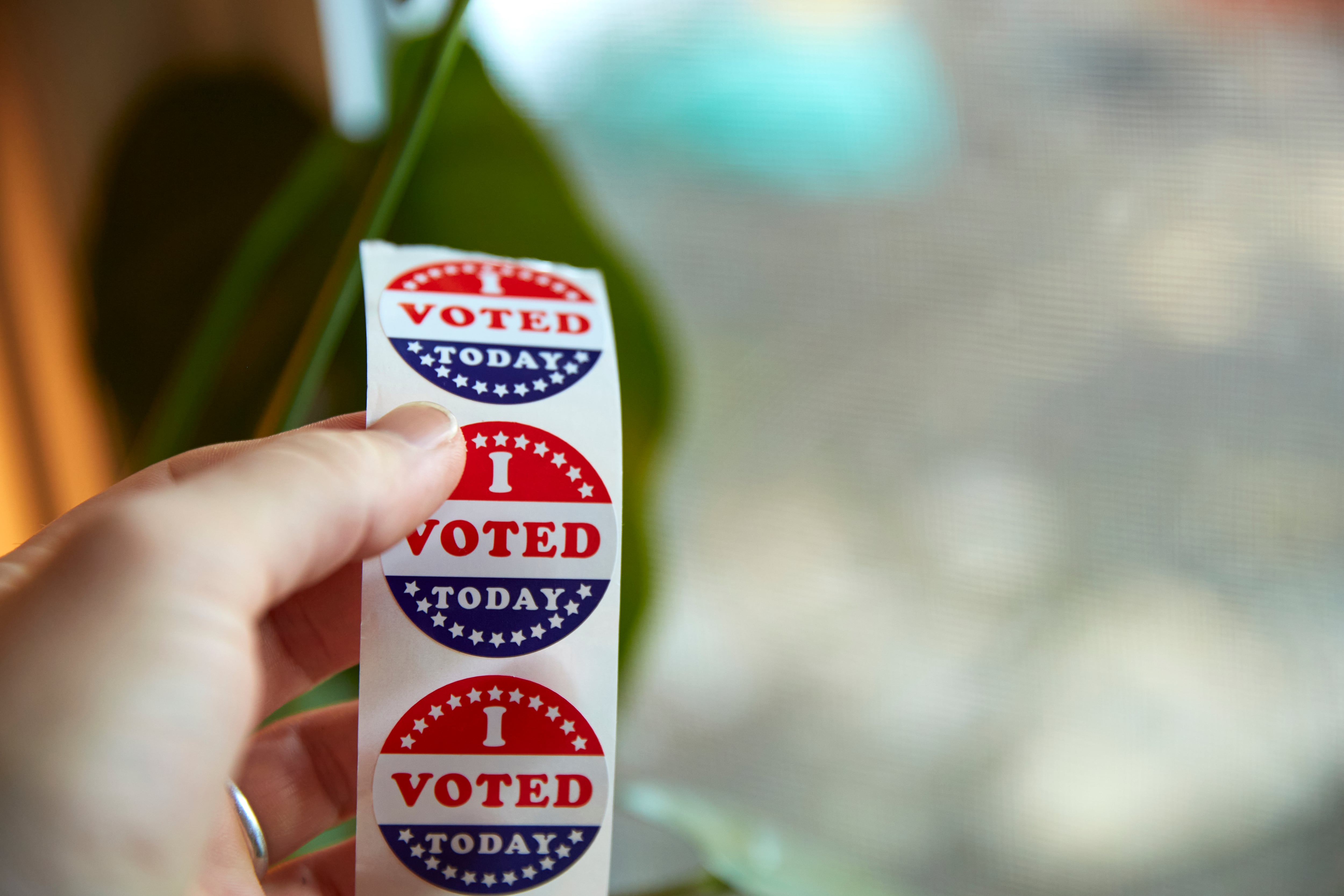This article was co-published by Chalkbeat Indiana and WFYI as part of a collaboration ahead of the 2022 school board elections. Join Chalkbeat Indiana and WFYI to hear from candidates for IPS school board at a forum at 6 p.m. Wednesday, Oct. 5 at the Indianapolis Public Library, Central Branch. RSVP and submit questions here.
This November, 47 candidates are on ballots for 29 positions on school boards across Marion County.
While some of the elections are more competitive than others, a majority of candidates face at least some opposition.
The races with the most candidates are in the Metropolitan School District of Lawrence Township, where eight candidates are vying for two school board seats. In contrast, two districts — Beech Grove City Schools and the Metropolitan School District of Wayne Township — have only incumbents running.
Winning candidates will start four-year terms in January. The role of the school board is not day-to-day operations, but rather district oversight, creating and enforcing policy, and making sure bills are paid. And one of a school board’s biggest jobs is to hire a superintendent.
Across the county, 23 of 29 board members with terms ending are running for reelection. In six school districts, all current board members who are up for reelection are running again. Indianapolis Public Schools is the only Marion County district where no current board members chose to run for reelection.
Of the 47 candidates, 11 are running unopposed. That includes nine incumbents: four in Wayne, three in Beech Grove, one in Franklin Township Community Schools, and one in the Metropolitan School District of Washington Township. The only unopposed newcomers are two IPS candidates.
Read about each school board election:
- Beech Grove
- Decatur Township
- Franklin Township
- IPS
- Lawrence Township
- Perry Township
- Pike Township
- Warren Township
- Washington Township
- Wayne Township
*Speedway Schools is not included in this list because the school board is appointed by the town board, not elected.
On the ballot
The structure of the school boards, and which voters elect which school board members, vary from district to district.
For the following districts, the elections are all for at-large seats and the top vote-getters will win the seats: Beech Grove, and Metropolitan School District of Decatur Township, Metropolitan School District of Perry Township, Metropolitan School District of Pike Township, Metropolitan School District of Warren Township, and Wayne township.
In Franklin, Lawrence and Washington townships, the open seats are a mix of at-large and district seats. There are specific candidates for each seat, but all voters vote for all the open seats. In IPS, there is one at-large seat where all voters cast ballots, and two district seats where only those living in that district vote.
While Lawrence has two races of four candidates each, Franklin has one race of three candidates and one race of two candidates. IPS and Washington have one race each of just two candidates.
How to vote
Voter registration for Marion County residents ends Oct. 11.
Early voting begins on Oct. 12 at the Indianapolis City-County Building, and additional early voting sites open on Oct. 29.
On Nov. 8, Marion County residents can vote at any of the county’s vote centers.
MJ Slaby is the bureau chief for Chalkbeat Indiana. Contact MJ at mslaby@chalkbeat.org.






